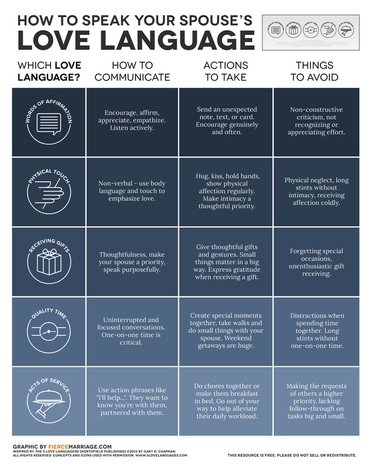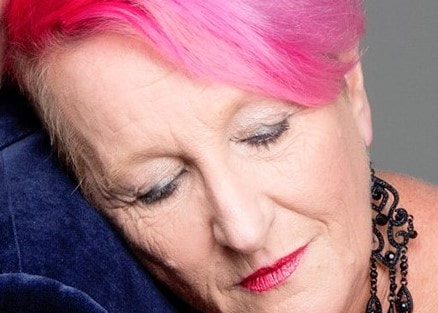I see a similarity here, sometimes surprises and more often the things the person loves.....their interests, their favourite foods, drinks or gifts.
So how do we know if our partner likes surprises? They will have talked about this at some point, they may like to be organised or prepared. As an example I decided to surprise my partner with a weekend away, in another state, to attend Mardi Gras. I knew they really wanted to go to Mardi Gras but I also knew they were scared of flying. I decided that I would not let them know that we were flying until the last minute, less time for them to be anxious. I let them know a couple of days before to set the weekend aside and what to pack, there were lots of questions which I was very vague in answering. On the morning we were to leave it was raining very hard, by now they had a suspicion about where we were going, so tested the waters one more time by showing concern about flying and their fear of it raining in Sydney. This was when I realised I had to let them know we were flying so they could prepare themselves, as they needed time to get used to the idea. I was able to keep some of the other surprises I had in store for when we got there,but it was a better experience for them to let them know what to expect.
How do we know what are the little things they love? We will often know of their hobbies, sports, love for outdoors, adventure, fine dining, collecting and the things they have always wanted to do.
We can also look at what are their languages of love.....gift giving, quality time, acts of service, words of affirmation or touch. Incorporating these into what we do for our partners shows we know them and what will really speak to them that we love them. The language they speak is usually the one they hear but some people have become very good at speaking the other person's language when theirs is something different. So how do we work out what is their language? What makes their eyes light up, when do they show lots of appreciation for what you do and what do they ask of you in their bids for attention? The image below will show some of the ways people express their love language, click on it and save to enlarge on your own computer.
So get out there, work out your partner's love language, surprise them....or not, with something they will love. Get romantic, what ever that means to you and the ones you love.



 RSS Feed
RSS Feed
